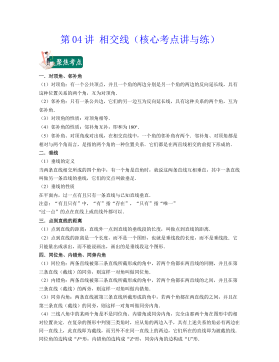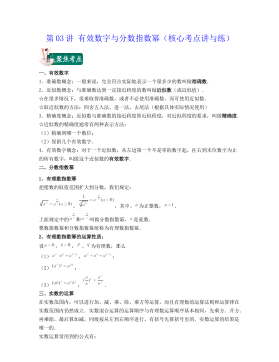湿地公园游客体验价值实证研究
硕士学位论文I摘要湿地公园作为湿地保护和利用相结合的产物,既承载着保护湿地资源、开展科普教育的使命,又发挥着城市公园的休闲作用,它的产生和存在受到社会各界的关注。随着体验经济时代的到来和湿地生态旅游的兴起,我国的湿地保护任务越来越重,湿地公园游客体验价值越来越引起学术界和实践界人士的关注,如何提高游客体验价值成为增强湿地公园竞争力的有效途径。尽管有不少学者对游客体验价值的结构维度进行探讨,但对游客体验价值的概念没有深入研究,尤其是对游客体验价值的定量研究,没有一套科学合理的测量方法。因此,本文选取西溪湿地公园为研究对象,运用理论研究与实证研究、定量分析与定性分析、量表开发与问卷设计相结合的研究...
相关推荐
-
10KV电网D-SCADA 系统信息采集与故障诊断研究与设计VIP免费
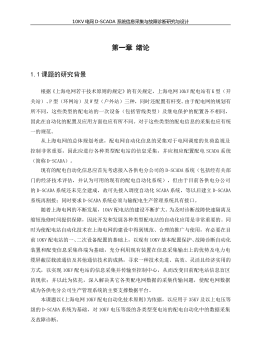
 2024-10-14 20
2024-10-14 20 -
方形吸顶散流器平送风等温射流特性研究VIP免费
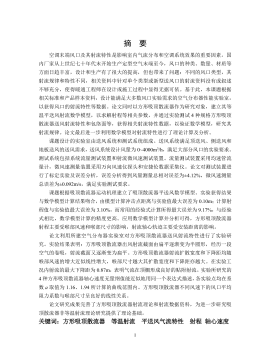
 2025-01-09 6
2025-01-09 6 -
关于充液声导波传感器中频散兰姆波的研究VIP免费
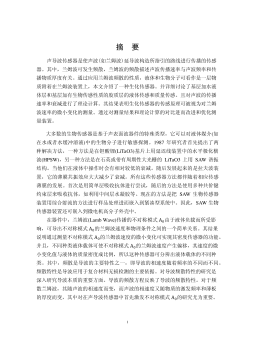
 2025-01-09 6
2025-01-09 6 -
结合梁斜拉桥施工过程中考虑剪力滞影响的分析方法VIP免费

 2025-01-09 6
2025-01-09 6 -
空调房间热舒适性的数值模拟与实验研究VIP免费
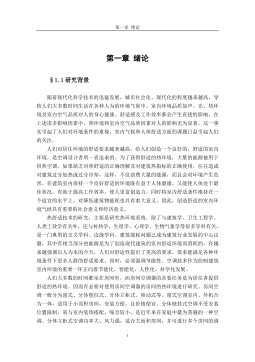
 2025-01-09 7
2025-01-09 7 -
汽车前轮线控转向系统研究VIP免费
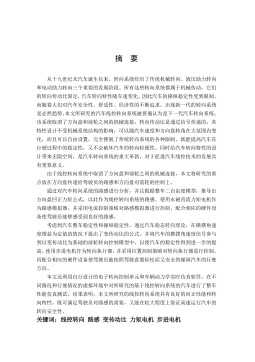
 2025-01-09 8
2025-01-09 8 -
输入分配型混合动力车辆动力系统控制策略研究VIP免费
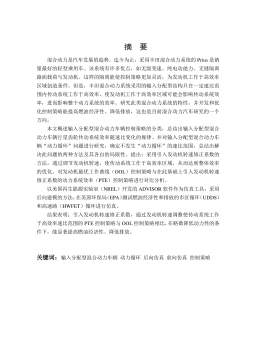
 2025-01-09 7
2025-01-09 7 -
双馈风力发电系统的柔性并网控制研VIP免费
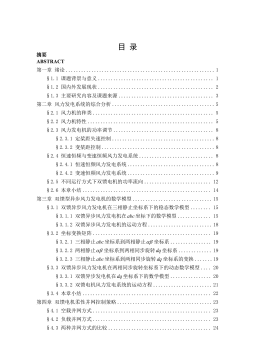
 2025-01-09 8
2025-01-09 8 -
污水处理厂污泥好氧堆肥发酵技术的试验研究VIP免费
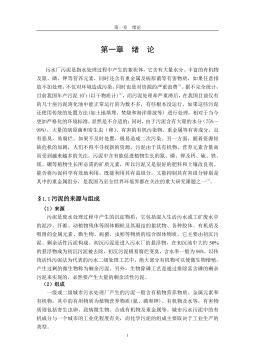
 2025-01-09 7
2025-01-09 7 -
应用风室试验装置的风机性能VIP免费
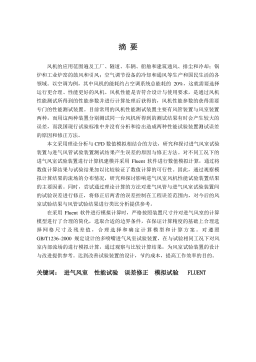
 2025-01-09 8
2025-01-09 8
作者详情
相关内容
-

汽车前轮线控转向系统研究
分类:高等教育资料
时间:2025-01-09
标签:无
格式:PDF
价格:15 积分
-

输入分配型混合动力车辆动力系统控制策略研究
分类:高等教育资料
时间:2025-01-09
标签:无
格式:PDF
价格:15 积分
-

双馈风力发电系统的柔性并网控制研
分类:高等教育资料
时间:2025-01-09
标签:无
格式:PDF
价格:15 积分
-

污水处理厂污泥好氧堆肥发酵技术的试验研究
分类:高等教育资料
时间:2025-01-09
标签:无
格式:PDF
价格:15 积分
-

应用风室试验装置的风机性能
分类:高等教育资料
时间:2025-01-09
标签:无
格式:PDF
价格:15 积分


